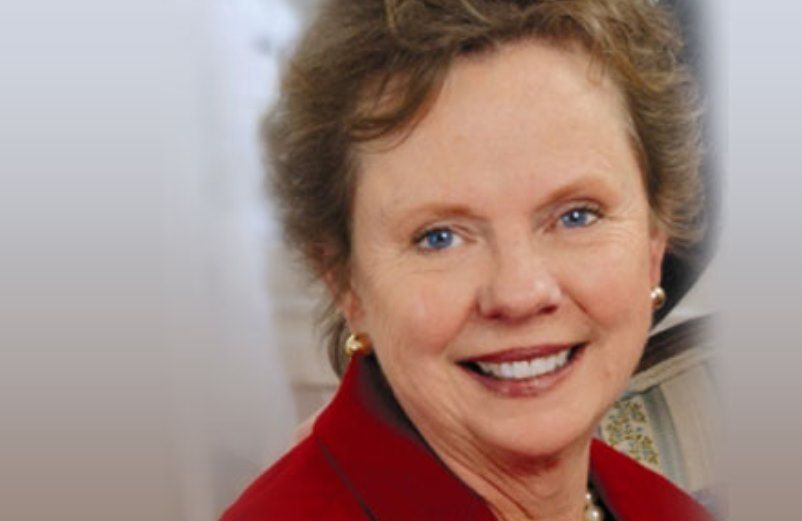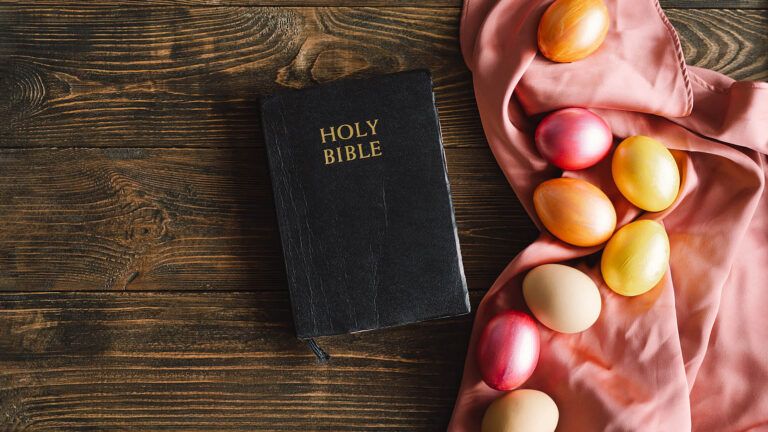Failure and frustration are in the unwritten pages of everyone’s record. I have had my share of them. But if my mother’s gentle hands were not there to guide me, perhaps my life in music would have ended long ago.
The faith my mother taught me is my foundation. It is the only ground on which I stand. With it I have a freedom in life I could not have in any other way. Whatever is in my voice, my faith has put it there.
Her presence runs through everything I ever wanted to be. The particular religion a child echoes is an accident of birth. But I was converted to my mother’s faith and patient understanding long before I could define either.
We were poor folk. But there was a wealth in our poverty, a wealth of music, and love and faith. My two sisters, Alice and Ethel, and I were all in the church choir—the junior, not the senior one. There is still a vivid memory of our mother and father, their faces shining with pride, watching us from the front pews. And when I was six I was once fortunate enough to be selected to step out in front of the choir and sing “The Lord Is My Shepherd.”
It was a Baptist Church we attended in Philadelphia. But my mother taught us early that the form of one’s faith is less important than what’s in one’s heart.
“When you come to Him,” she said, “He never asks what you are.”
We children never heard her complain about her lot; or criticize those who offended her. One of her guiding precepts has always been: “Never abuse those who abuse you. Bear them no malice, and theirs will disappear.”
My sisters still attend the Baptist Church in Philadelphia. It is a church and a congregation I hold most fondly in my heart for many reasons. These were the people who, years ago, pooled their pennies into what they grandly called “The Fund for Marian Anderson’s Future,” a gesture of love and confidence impossible to forget in a lifetime. When I come to Philadelphia, I always try to see some of these people who have been so important to me, and though it seldom is possible these days, I love to sing in their choir.
My father died when I was twelve, and my mother’s burden became heavier. Before she became a housewife, and the mother of three daughters, she was a schoolteacher. Now she became a father to us as well as a mother and earned our whole livelihood by taking in washing. It was terribly difficult for her, I know, but she would not even hear of any of us children leaving school for work.
During these years I began to have my first opportunity to earn a little money by singing. Almost entirely they were Sunday evening concerts for the church, or for the YWCA and the YMCA. At these affairs I could sing, perhaps, two or three songs, and my fee was a very grand 50 cents, or once in a great while, $1.00. Sometimes I would dash to four or five of these concerts in one evening.
Many people were kind to me: teachers who took no fees, those who urged me forward when I was discouraged. Gradually I began to sing with glee clubs and churches in other cities. After one minor effort in Harlem, a group of well-meaning people hastily sponsored me for a concert in Town Hall in New York.
It seemed at once incredible and wonderful. But I wasn’t ready: indeed, I was far from it either in experience or maturity. On the exciting night of my first real concert I was told Town Hall was sold out. While waiting in dazed delight to go on, my sponsor said there would be a slight delay. I waited five, ten, fifteen minutes. Then peeked through the curtain.
The house was half empty! I died inside. But when the curtain went up I sang my heart out. And when the concert was over, I knew I had failed. The critics next day agreed with me, but what they said was really not so important. I was shattered because within me I felt I had let down all those people who had had faith and confidence in me. It seemed irrevocable.
“I’d better forget all about singing, and do something else,” I told my mother.
“Why don’t you think about it a little, and pray a lot, first?” she cautioned.
She had taught me to make my own decisions when I could, and pray for the right ones when I could not. But I did not heed her now. I refused a few offers to sing at other concerts. I avoided my music teacher. For a whole year I brooded in silence. My mother suffered because I was not expressing myself in the only way I knew happiness. But she knew I had to find my own way back alone. From time to time she just prodded me, gently:
“Have you prayed, Marian? Have you prayed?”
No, I hadn’t. Nothing would help. I embraced my grief. It was sufficient. But in those tearful hours there slowly came the thought that there is a time when even the most self-sufficient cannot find enough strength to stand alone. Then, one prays with a fervor one never had before. From my torment I prayed with the sure knowledge there was Someone to Whom I could pour out the greatest need of my heart and soul. It did not matter if He answered. It was enough to pray.
Slowly I came out of my despair. My mind began to clear. No one was to blame for my failure. Self-pity left me. In a burst of exuberance I told my mother:
“I want to study again. I want to be the best, and be loved by everyone, and be perfect in everything.”
“That’s a wonderful goal,” she chided. “But our dear Lord walked this earth as the most perfect of all beings, yet not everybody loved Him.”
Subdued, I decided to return to my music to seek humbleness before perfection.
One day I came home from my teacher unaware that I was humming. It was the first music I had uttered at home in a whole year. My mother heard it, and she rushed to meet me, and put her arms around me and kissed me. It was her way of saying:
“Your prayers have been answered, and mine have too.”
For a brief moment we stood there silently. Then my mother defined the sweet spell of our gratitude:
“Prayer begins where human capacity ends,” she said.
The golden echo of that moment has always been with me through the years of struggle that followed. Today I am blessed with an active career, and the worldly goods that come with it. If sometimes I do not hear the echo and listen only to the applause, my mother reminds me quickly of what should come first:
“Grace must always come before greatness,” she says.
For more inspiring stories, subscribe to Guideposts magazine.





